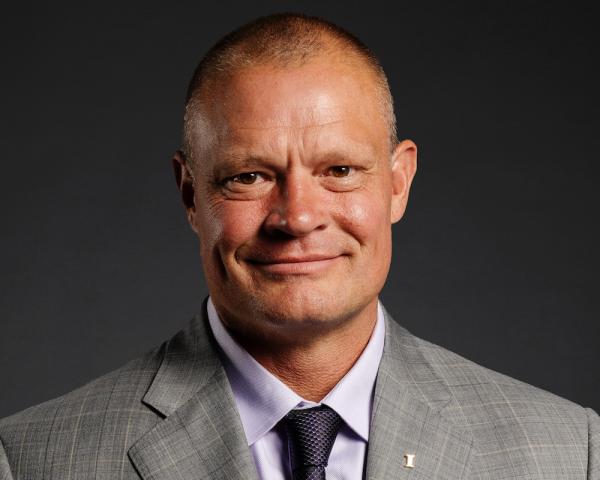KEY TAKEAWAYS
--Because of COVID, millennials were forced to start thinking about life insurance planning sooner than generations past did.
--Digital transformation in the insurance industry makes life insurance more appealing and amenable to millennials.
---------
Millennials are no strangers to disrupting legacy financial institutions. After all, these status-quo challengers pioneered buy-now-pay-later technology like Klarna and Afterpay, as well as innovated fintech banking apps like Chime.
And now they’ve set their sights on another legacy institution… life insurance. But not life insurance in the traditional sense.
Instead, millennials are revolutionizing the life insurance industry from the inside out, imposing their reach and influence on every aspect.
And as previous generations continue to age out, creating a greater shift toward millennial-friendly life insurance companies, the industry will look far more lucrative and appealing. Instead of a job millennials avoid at all costs, they’re going to see their dream job. One where they’ll redefine the industry for future generations, as well as secure their own futures.
How the COVID Pandemic Affected Millennials’ Mortality Mentality
The chaos of the COVID-19 pandemic almost seems like a lifetime ago. It’s so easy to forget just how uncertain those times were. New variants seemingly popped up every week, each more deadly than its predecessor, and we didn’t have concrete evidence about how you could (or couldn’t) spread the virus.
This uncertainty not only reminded us of just how fragile life can be but forced every person in the world to confront their own mortality and made us way more aware of our health.
This put millennials in a precarious position.
The idea of death and how loved ones would be affected is something traditionally reserved for “older” generations -- in this case, Baby Boomers, with Gen-X following closely behind. But thanks to COVID, millennials were becoming hyper-aware of their own mortality much sooner and were forced to start thinking about their life insurance plans earlier than past generations.
See also: Breathing Life Into Life Insurance
The Appeal of a Digital Insurance Industry
The traditional image of a life insurance agent is very much analog. An older gentleman, maybe someone with a comb-over, thick glasses and leather patches on the elbows of his jacket sleeve who would drive through his city or town, going door to door, collecting insurance premiums weekly or monthly. He would then return to his office, where a stack of long paper applications waited for him.
Now, as with so many other aspects of the world at large, technology has begun to play a larger part in the insurance industry.
These days, a good percentage of life insurance is sold virtually, with Zoom calls and mobile devices replacing door-to-door house calls. An insurance agent’s reach is no longer dictated by how much gas is in their tank or how much paper they’ve stocked. Applications and signature verification can be done directly from their phone… they don’t have to be in front of the person.
And this is where millennials thrive.
Instead offering a full-time job full of red tape and antiquated processes, the insurance industry is using technology to be more amenable to millennials. And in this current economic crisis, with inflation on the rise and so many other contributing factors, a virtual and technology-driven industry makes for a convenient second income.
Yes, you read that right. Millennials aren’t just buying more policies – they are becoming agents.
Side Effects of the Millennial Disruption on the Insurance Industry
In the future, millennials will continue to be a huge influence on the insurance industry… that’s pretty obvious.
Because not only are millennial-friendly life insurance companies becoming the place they turn to to facilitate their dream careers, but it’s also filling them with the knowledge to help them avoid the serious financial risk that comes with not having life insurance. After all, nearly 30% of millennials admit to not having life insurance because it’s too expensive.
And something else unexpected is that it’s not just other millennials selling to each other. There’s plenty of research out there that talks about how older folks view millennials and how much they trust them.
So with a lot more younger people getting involved and selling insurance, the future of the industry looks very bright. I truly think you’re going to continue to see this trend continue, and the industry as a whole will continue to thrive because of it.







